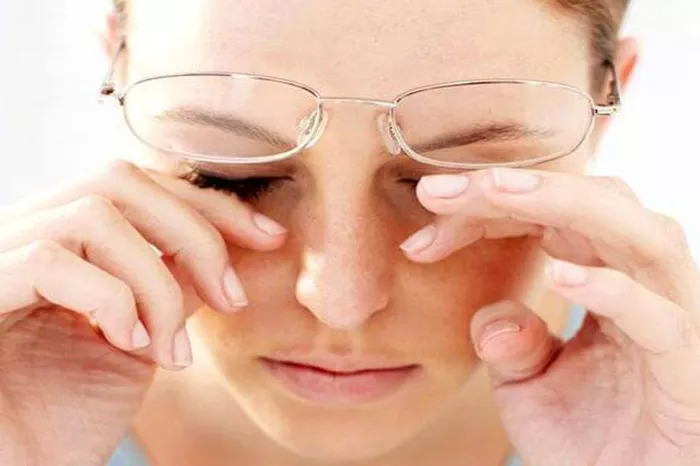Diabetes has become the leading health issue in India, affecting an estimated 101 million people, with at least 21 million experiencing vision problems. A recent study conducted by researchers in the United Kingdom and India reveals that 2.4 million of these individuals are blind. Diabetic retinopathy, a severe eye condition caused by damage to the retina’s blood vessels, is a primary contributor to these vision issues. If untreated, it can result in temporary or permanent vision loss.
Dr. Anjal Shah, a Consultant Ophthalmologist, emphasizes the importance of regular eye care. “Diabetic retinopathy often appears without warning,” he told. “Patients with diabetes should undergo an ophthalmic examination, including dilation, at least once a year. Early detection and preventive measures are crucial.”
To prevent or delay diabetic retinopathy, managing diabetes is essential. This includes controlling blood glucose levels, maintaining an active lifestyle, eating a healthy diet, and adhering to prescribed medications. Regular monitoring of A1C levels, which reflect average blood glucose over the past three months, can also reduce the risk of retinopathy, Dr. Shah noted.
Diabetes poses additional risks beyond retinopathy, including cataracts and open-angle glaucoma. Regular eye exams are crucial for monitoring these conditions alongside diabetes management.
For those affected by diabetic retinopathy, treatments such as anti-VEGF injections, laser therapy, and surgery can help prevent further vision loss, although existing damage may remain. Routine eye examinations are vital for preserving vision and maintaining a good quality of life for individuals with diabetes.
Related topic:
7 Natural Remedies To Treat Milia Under Eyes
How To Treat Swollen Eyelids Due To Allergy?
How to Remove Fat from Eyelids Naturally?


